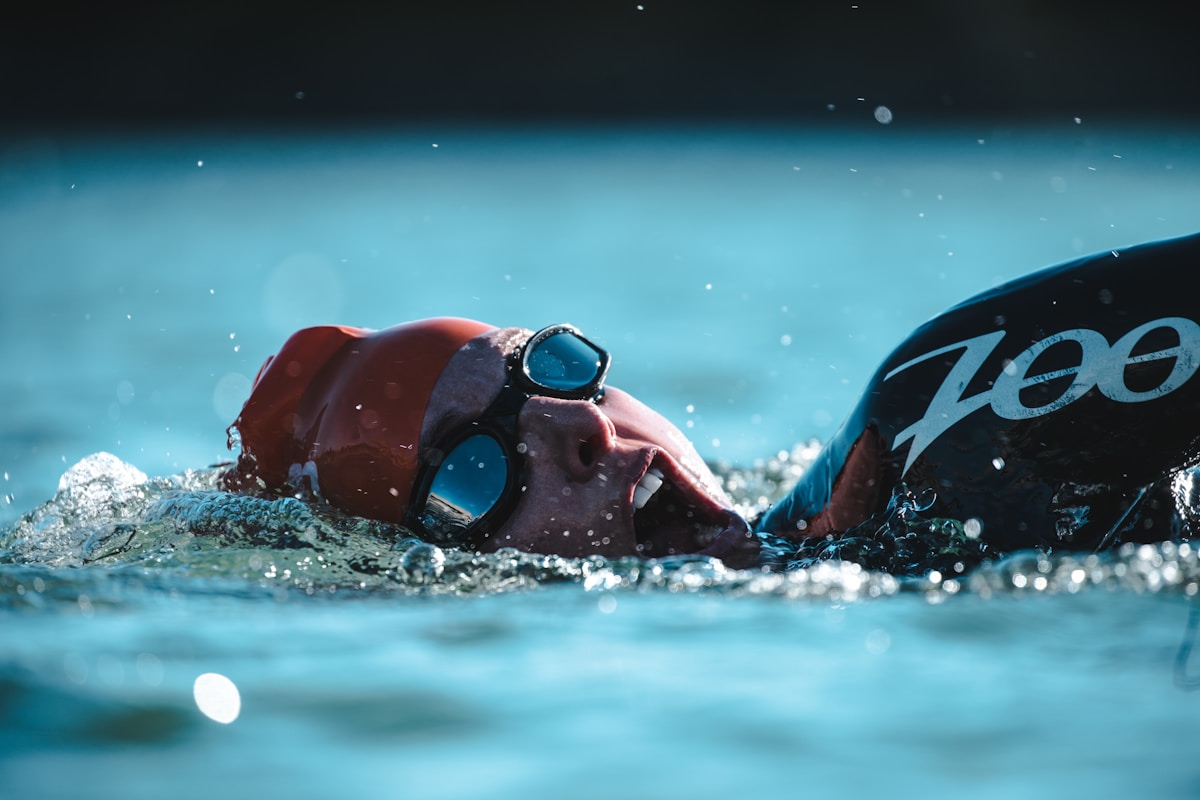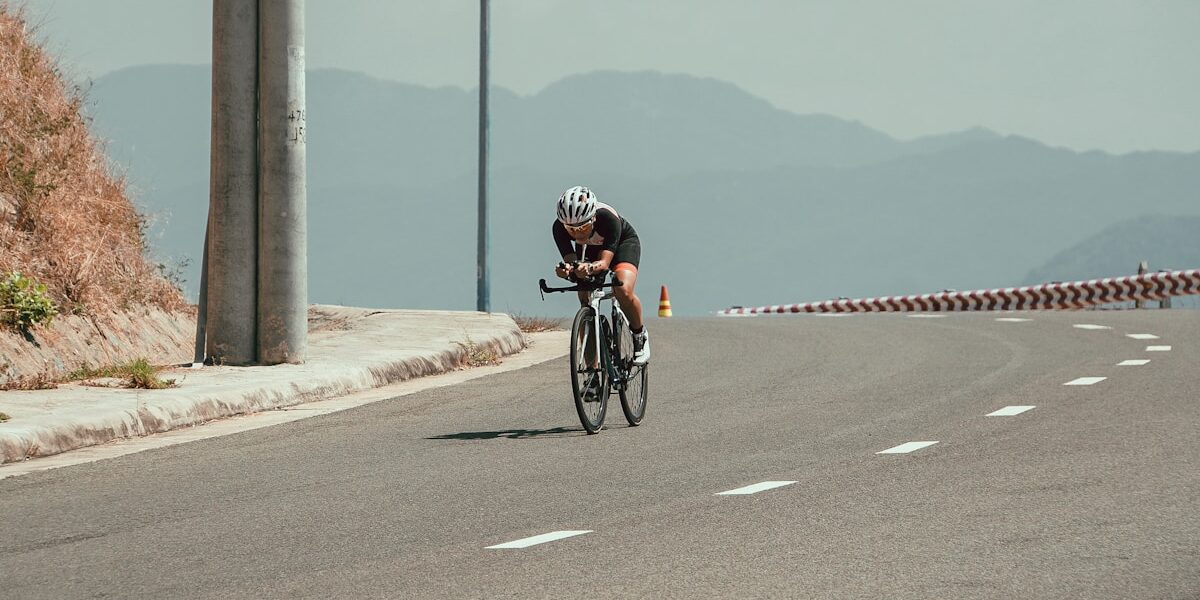How Long Does It Take to Swim a Mile?
How Long Does It Take to Swim a Mile?
Swimming a mile is a significant achievement for any swimmer, whether you’re a beginner or seasoned. The time it takes can vary widely based on several factors.
Factors Affecting Swim Time

Swim times for a mile can differ markedly due to a variety of influences. Key factors include:
- Swimmer’s Skill Level: Beginners take longer than experienced swimmers. Technique, endurance, and familiarity play big roles.
- Swimming Environment: Conditions differ between pools and open water. Pools offer controlled environments, while open water has variables like currents and waves.
- Swim Stroke: The stroke used significantly impacts time. Freestyle is the fastest, whereas breaststroke and backstroke are slower.
Average Swim Times
Breaking it down by experience levels gives a clearer picture:
- Beginners: Those new to swimming can expect to take around 45 to 60 minutes to complete a mile.
- Intermediate Swimmers: With regular practice, many can swim a mile in 30 to 35 minutes.
- Advanced Swimmers: Competitive and advanced swimmers often complete a mile in 25 minutes or less.
Impact of Technique
Good technique can shave significant time off your mile swim. Key aspects include:
- Body Position: Maintaining a horizontal and streamlined body position reduces drag.
- Breathing Rhythm: Effective breathing patterns ensure oxygen supply without disrupting stroke timing.
- Kicking Technique: Efficient kicking contributes to propulsion without wasting energy.
Training Tips
Improvement comes with targeted training. Consider the following tips:
- Incremental Distances: Gradually increase swim distances to build endurance.
- Interval Training: Mix high-intensity intervals with rest to improve speed and stamina.
- Technique Drills: Regular practice of specific drills enhances efficiency and form.
- Consistent Practice: Regular swimming sessions establish and maintain fitness levels.
Metric Calculations
Converting time into speed metrics helps set benchmarks. Common metrics include:
- Minutes per 100 meters: Assess time taken to swim 100 meters, then scale up. For instance, if it takes 2 minutes per 100 meters, expect to cover a mile in about 32 minutes.
- Stroke Counts: Counting strokes per length and calculating overall strokes per mile highlights efficiency improvements.
Open Water vs. Pool Swimming
Swimming in open water (e.g., lakes, oceans) differs significantly from pools:
- Environmental Conditions: Variables like water temperature, visibility, and currents impact swim times.
- Navigation: Open water swimmers must frequently sight to stay on course, which can slow pace.
- Buoyancy: Saltwater provides more buoyancy than freshwater, potentially aiding speed in the ocean.
Equipment and Gear
Utilizing appropriate gear enhances performance:
- Swim Cap: Reduces drag and keeps hair out of the face.
- Goggles: Protects eyes and ensures visibility, important for both pool and open water.
- Swim Suit: Competitive suits are designed for minimal resistance.
Notable Records
For perspective, consider records held by elite swimmers:
- Men’s Record: The fastest 1500 meters (just under a mile) in a long course pool is 14:31.02, set by Sun Yang in 2012.
- Women’s Record: Katie Ledecky holds the record at 15:20.48, set in 2014.



